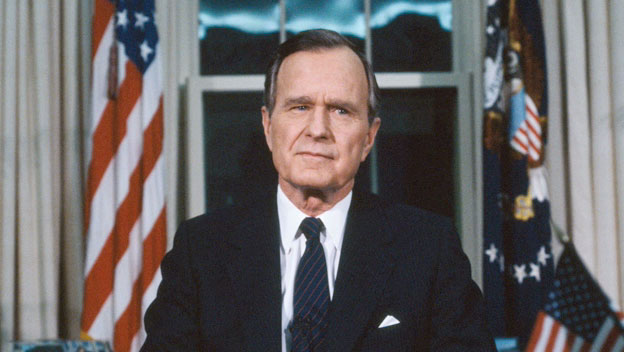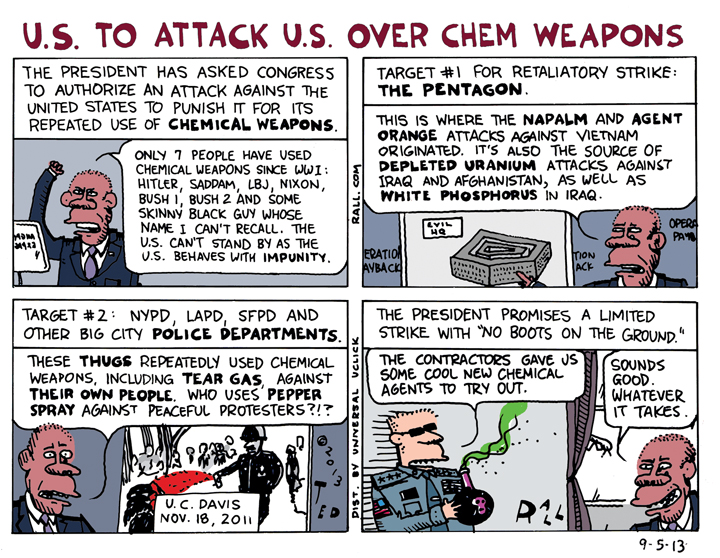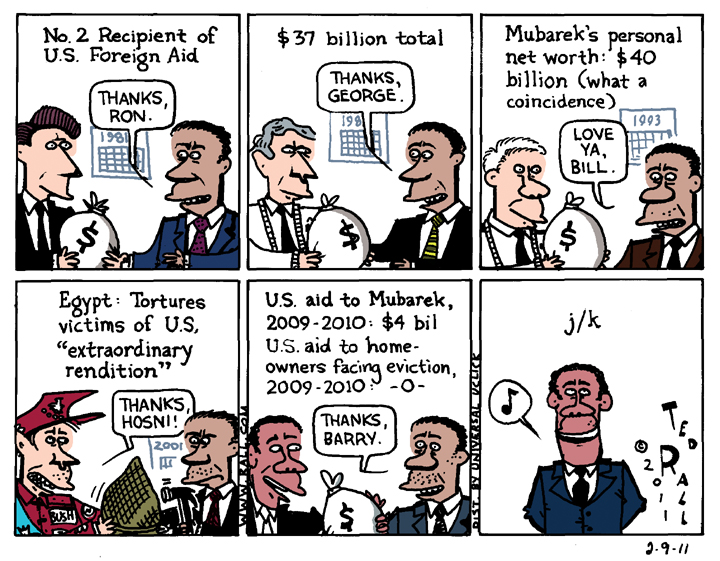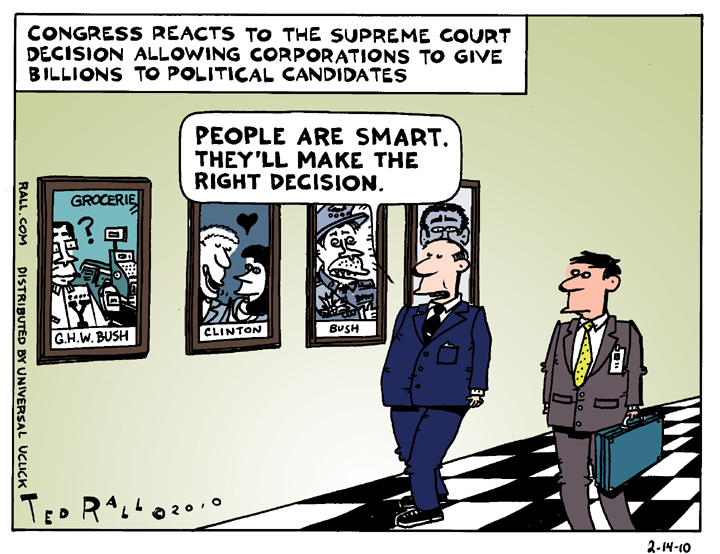 There are two kinds of leaders: managers and revolutionists.
There are two kinds of leaders: managers and revolutionists.
Most American presidents are managers. Managers have small ambitions, often so small as to be immeasurable. They may or not think that the organization that they’re taking over requires a few nips or tucks, but they believe that the fundamentals are sound. The main ambition of these incrementalists is to attain their position. The moment their buttocks sink into the big chair behind the big desk, they have fulfilled their biggest goal.
It is easy to identify a managerial president during a time of crisis. No matter how bad things get and how angry voters become, managers are loathe to change much. They govern as though continuity were a given.
Jimmy Carter and Barack Obama, both consummate technocrats, assumed the nation’s highest office during periods of economic upheaval. Yet they did not follow the example of Franklin D. Roosevelt, a revolutionist, by introducing major plans or anti-poverty bills to try to alleviate inflation or high unemployment. George H.W. Bush, whose decades in Washington inclined him to even less ambition than outsiders like Carter and Obama, had no discernible plans for the country before moving into the White House in 1989 beyond, like Peter Sellers, just being there. We were mired in recession throughout his term and he did nothing.
Whatever you think about him or his politics, give this to Donald Trump: he has launched his second term with the biggest intentionality of any president since Ronald Reagan. Clearly having learned from his experience following his first surprise win that political capital ebbs away after inauguration as quickly as a new car loses value, and possibly inspired by the historical benchmark of FDR’s first 100 days, Trump is coming out of the gate with grandiose gestures intended to signal great ambitions that deliver on his long list of dramatic campaign promises.
The crisis at the U.S.-Mexico border became a top issue for Trump in 2024. And so, within hours of his restoration, he declared an emergency that allowed him to send in military troops, shut down the app used by asylum applicants, declared drug cartels terrorists, tried to end birthright citizenship and, for good measure, demanded that the Gulf of Mexico be renamed. Much of these moves are objectively stupid—birthright citizenship is guaranteed by the Constitution, drug runners aren’t terrorists, the number of unauthorized border crossings fell precipitously after Biden basically closed it last summer and let’s not even think about the “Gulf of America”—but you can’t say they’re the small-bore triangulation crap Bill Clinton picked up from Dick Morris, like lower prescription drug prices for seniors, lower student loan interest rates and kneecapping Sister Souljah. And mass deportations are still on the way. If you voted for Trump due to the border crisis, you’re happy.
Why do we have more managerial than revolutionary presidents? Revolution is hard.
We are barely days into Trump 2.0 yet the challenges are already starting to become apparent. The president’s attempt to McKinsey-ize the federal government into fiscal austerity, the non-actual-departmental Department of Government Efficiency, lost one of its touted pair of pet billionaires less than seven hours after the inauguration when Vivek Ramaswamy pulled out, supposedly to explore a quixotic run for Ohio governor.
Trump can’t help the fact that personnel are unpredictable. But he is responsible for a major oversight in whatever vision he may be pursuing: he has yet to articulate a unified theme for the sweeping changes he presumably intends. FDR did this with characteristic effectiveness in his 1933 inaugural address. Confronting high unemployment at the nadir of the Depression, he said: “Our greatest primary task is to put people to work.”
“This is no unsolvable problem if we face it wisely and courageously,” Roosevelt continued. “It can be accomplished in part by direct recruiting by the Government itself, treating the task as we would treat the emergency of a war, but at the same time, through this employment, accomplishing greatly needed projects to stimulate and reorganize the use of our national resources.” Much of what followed (the Civilian Conservation Corps, the Public Works Administration and the Tennessee Valley Authority) fell into the justification for direct job creation by the federal government and helped sell it to the public and Congress.
To the extent that Trumpism is similar to 20th century fascism, it’s that it’s an ideology devoid of internal consistency beyond its point of origin, Donald Trump’s mouth. Under Nazi Germany’s “Führer Principle,” Hitler not only enjoyed the full power of law by making an utterance, but was considered to have created a cogent ideology simply because whatever he believed and ordered came from him. This was, of course, irrational to an extreme and internally inconsistent. For a time, under absolute totalitarian dictatorship, however, Hitler’s cult was sustainable.
Crippled and fake as our democracy is, Americans are still a harder sell than mid-century Germans. In the not so long run, whether Trump succeeds will depend on whether he is able to compose a credible and consistent narrative of what he’s attempting to achieve, as Ronald Reagan did when he downgraded the influence of liberalism within government and elevated the glories of individualism. Saying that everything you do puts America first simply because you said it, won’t cut it.
After decades of managerial presidents who refused to engage with how angry and miserable most of us ordinary citizens have been, it will be interesting, and not a little frightening, to watch this would-be revolutionist.
(Ted Rall (Twitter: @tedrall), the political cartoonist, columnist and graphic novelist, co-hosts the left-vs-right DMZ America podcast with fellow cartoonist Scott Stantis and The TMI Show with political analyst Manila Chan. His latest book is the graphic novel 2024: Revisited.)

 The curtain is about to fall on George Herbert Walker Bush, known colloquially as Bush 41, or simply 41. The patriarch is, if not exactly dying,
The curtain is about to fall on George Herbert Walker Bush, known colloquially as Bush 41, or simply 41. The patriarch is, if not exactly dying, 

